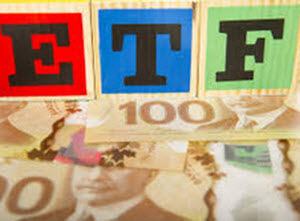Generally speaking, Covered Call ETFs tend to outperform a the standard Index ETFs in flat or declining market, while rising markets tend to cut into the profitable of the Covered Call ETF – at least if the rise is quick.
 So, what does this has to do with acquisitions? When a company is acquired, it will usually mean a quick increase in stock price, even if the rest of the market is flat or declining. With a standard Index ETF, the shareholders would love this increase. The Covered Call ETF on the other hand can expect a lot of call option holders to actually exercise their call options, cutting into the profit of the fund.
So, what does this has to do with acquisitions? When a company is acquired, it will usually mean a quick increase in stock price, even if the rest of the market is flat or declining. With a standard Index ETF, the shareholders would love this increase. The Covered Call ETF on the other hand can expect a lot of call option holders to actually exercise their call options, cutting into the profit of the fund.
To reduce the impact of acquisitions, many Covered Call ETFs purchase stock in many different stock companies. If one of these companies are acquired, it will probably not have a huge impact on the fund since only a small fraction of all the call options were issued with this company’s share as the underlying. There are also Covered Call ETF managers that actively scan for companies likely to be acquired and make sure to pre-emptively remove them from the fund’s portfolio, or just take a break from issuing call options with these stocks as the underlying until the situation for the company has changed.
This article was last updated on: December 17, 2015
